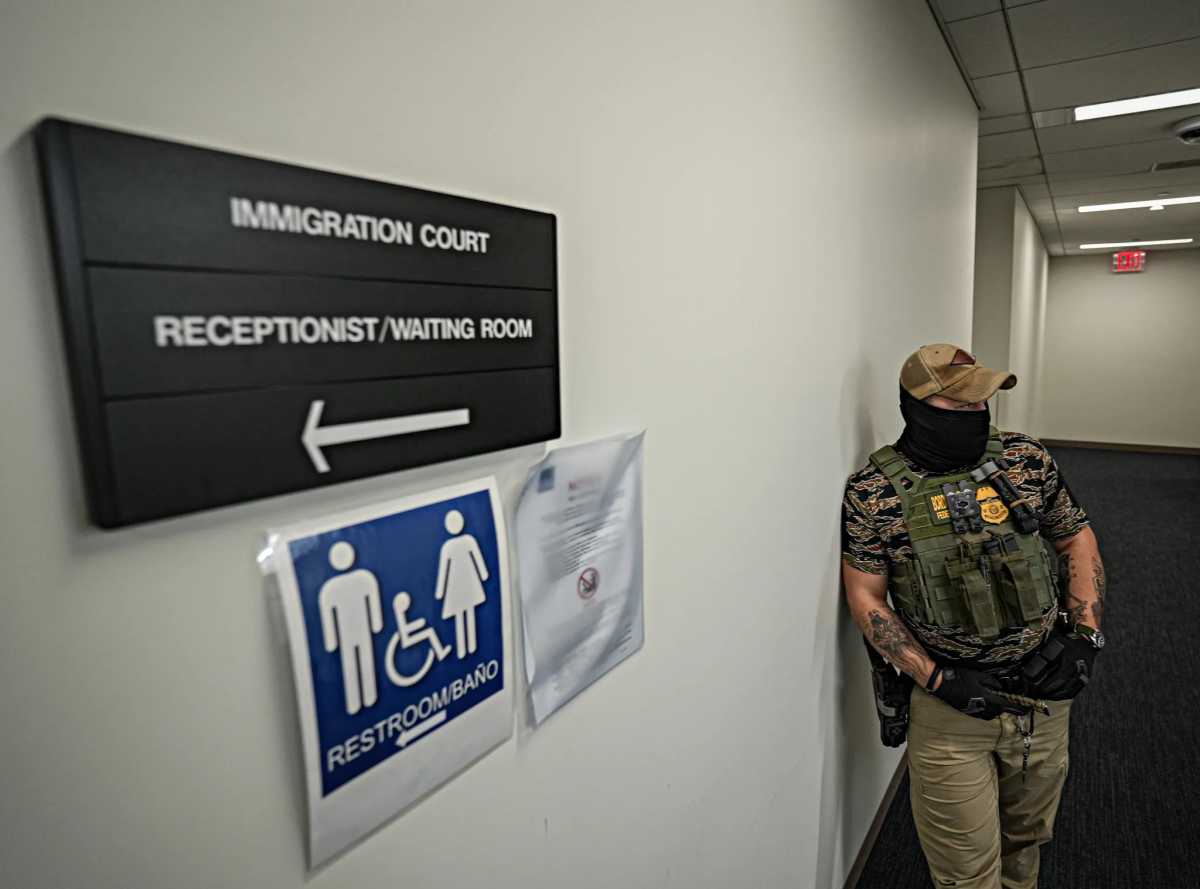The LinkNYC kiosk near you has a new addition on its poster-sized screen.
The technological slabs installed last year usually display ads for things like flights to anywhere other than here.
But if you wait long enough, you might also catch #nycLoveLetters, in which regular New Yorkers are invited to say what they love about the place. Tweet your note and/or picture with the above hashtag, and you just might get picked by the CityBridge content team to get your love letter on the big screens.
It’s an anticlimactic middle act for the kiosks.
Meant to be an update on the public telephone, the devices, rolled out through a public-private partnership, offer Wi-Fi, charging ports and access to the wide world of the internet for free. The small touch-screens are often used by the homeless or people who spend time on the street. After complaints about such people congregating around the terminals and alleged incidents of porn being viewed, the operators cut off the internet except for a few city services.
That was back in September. Since then, the kiosks have functioned more like the sturdy but unexciting old pay phones than a wonder-project “leveling the playing field and providing every New Yorker with access to the most important tool of the 21st century,” as Mayor Bill de Blasio sweepingly foreshadowed last year, describing a triumph worthy of a city hoping to be a tech utopia.
Paraphrasing Peter Thiel: we wanted flying cars, instead we got love letters.
The LinkNYC love letters actually started around Valentine’s Day with a host of missives from members of Tech:NYC, an industry group representing local tech companies. To celebrate the creation of their leadership council, they used the kiosks to display letters from the leaders of companies like Warby Parker, WeWork, IBM and Uber.
Those original love letters were high on pizza rat jokes and “the energy” of NYC. “I love you like a pigeon loves a statue,” said one letter evoking an image that feels more like a movie vision than a real one. One specific and sharp letter from Yancey Strickler of Kickstarter noted love for state Attorney General Eric Schneiderman, the East Village and Brooklyn, while lambasting “the chains and banks and their corporate clout.”
But mostly, the letters were vague, fairly lifeless odes to the city’s diversity and possibility for innovation.
Were you hoping that once the shebang got thrown open to the regular Joe and Jane things got better? The curatorial team running the kiosk content has kept it pretty bland so far: a picture of the Brooklyn Bridge, for an example, or an ode to “spring” and “the city that never sleeps.”
Little mention of the four boroughs that aren’t Manhattan, which is unsurprising as the kiosks are concentrated in the city center.
One hero submitted a picture of a city garbage bin overflowing with McCafe cups and paper plates. That did not get the nod, though such realness and cynical humor is probably why people actually both hate and love New York.
To be fair, the love letters are a potentially nice idea and better than just running straight ads on the kiosks. Maybe someday the curators will be bold enough to pick a love letter that’s offbeat or strange, and a kiosk can be an actual interesting thing to look at in New York’s streetscape, like the Poetry in Motion project on the subway.
And of course, the love letters are less about New York than about a burgeoning tech community fitting itself into the city, and shaping the city around it.
Julie Samuels, executive director of Tech:NYC, says the industry group is meant to be a cheerleader for the city, showing why it’s a special place to build and grow tech companies.
“The love letters were part of that,” she says.
Samuels pointed to civic engagement the group has done, including sending a letter with more than 2,000 signatures to the White House after President Donald Trump’s original executive orders on refugees and immigration.
The group advocates for issues like computer science in schools and gig economy workers having access to portable benefits.
Both are issues that involve state and city government, who have been happy partners with a tech community that dangles glittering high paying jobs and potential future growth.
So, it’s a lovefest all around given the big potential payoffs. Let’s just hope New Yorkers get something out of it.


























